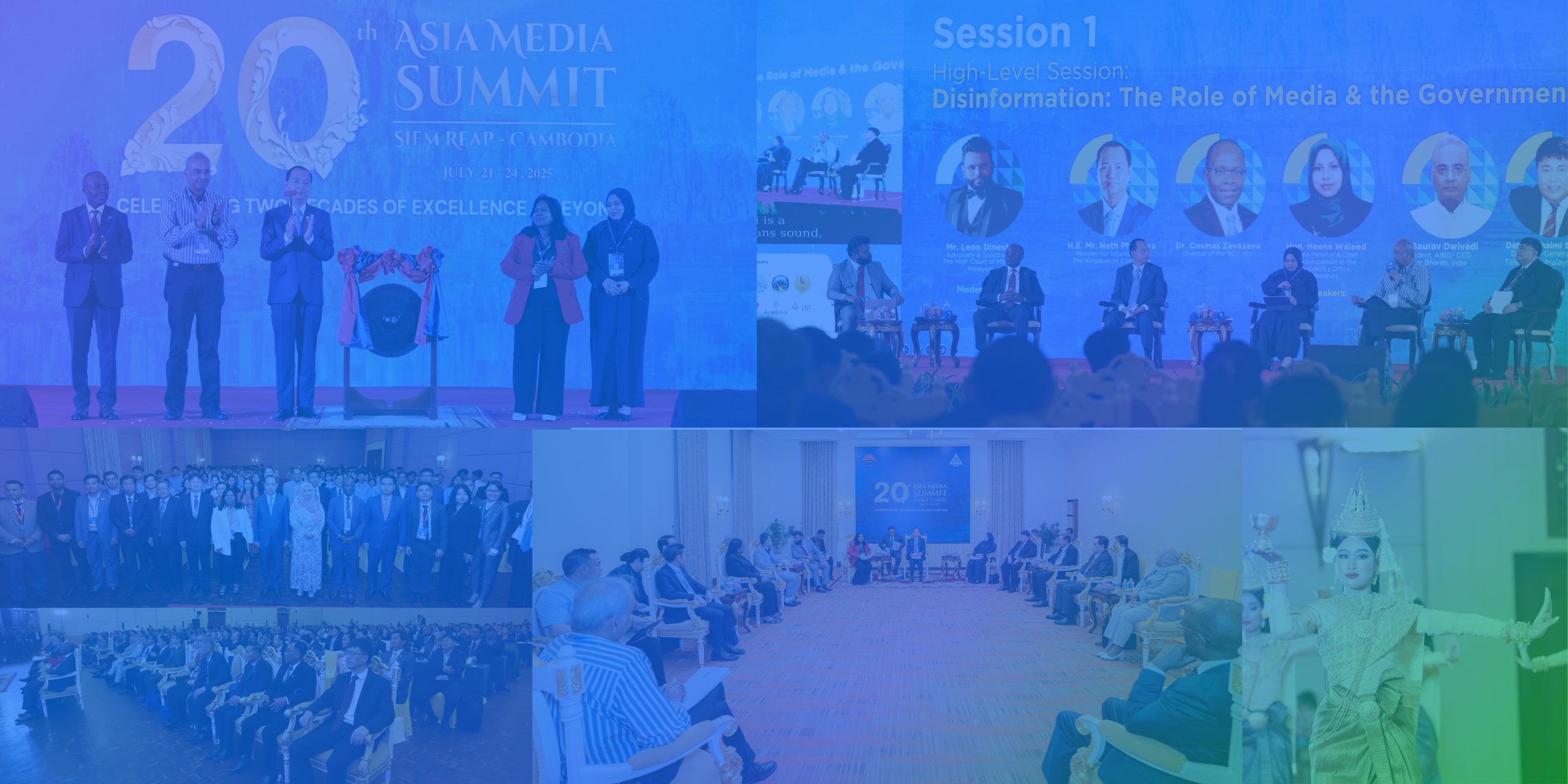AMS 2013 – Parallel Session 2
Day 1 – Wednesday, 29th May, 1400 – 1530
Parallel Session 2: Media Literacy: Fulfilling Its Mandate
Initiatives on media literacy programs in order to gain critical autonomy relationship with all media in Asia-Pacific have been wanting. In some countries, media literacy in schools is subsumed in other subjects. Others emphasize acquiring production skills to help people understand, produce and negotiate meanings in a culture made up of powerful images, words and sounds. How can we promote and expand media literacy? Can we extend emphasis to other areas such as building an informed citizenship, aesthetic appreciation and expression, social advocacy, self-esteem, and consumer competence? What are some best media literacy practices?
Day 1 – Wednesday, 29th May, 1400 – 1530
Parallel Session 2: Media Literacy: Fulfilling Its Mandate
Initiatives on media literacy programs in order to gain critical autonomy relationship with all media in Asia-Pacific have been wanting. In some countries, media literacy in schools is subsumed in other subjects. Others emphasize acquiring production skills to help people understand, produce and negotiate meanings in a culture made up of powerful images, words and sounds. How can we promote and expand media literacy? Can we extend emphasis to other areas such as building an informed citizenship, aesthetic appreciation and expression, social advocacy, self-esteem, and consumer competence? What are some best media literacy practices?
 |
|
 |
Mrs. Nathalie Labourdette Head, EUROVISION ACADEMY, Switzerland |
 |
|
 |
Mr. Jose Maria G. Carlos Associate Prof., Department of Media Studies, Faculty of Arts & Letters, University of Santo Tomas, Philippines |
 |
Dato’ Adilah Shek Omar Director, Tun Abdul Razak Institute of Broadcasting & Information (IPPTAR), Malaysia |
 |
Prof. Dr. Laode M. Kamaluddin President, Universitas Islam Sultan Agung (UNISSULA), Indonesia |
 |
Dr. Murray Green Media Development & Legal Policy Adviser, Australia |
 |
Prof. Mohsen Banihashemi Dean, Faculty of Communication, Media University, Islamic Republic of Iran Broadcasting (IRIB), Iran |




